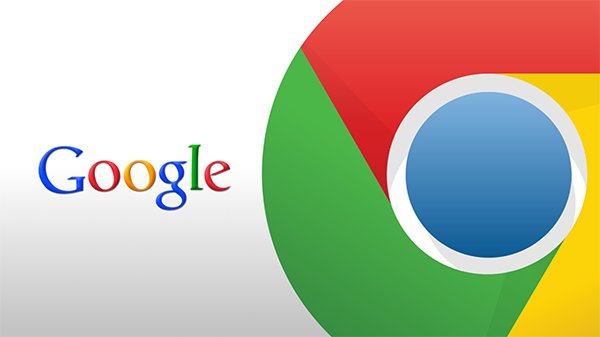WebVR has a very strong development momentum in recent days. Last month, major brands in the browser field participated in the W3C Web&Virtual Reality seminar (World Wide Web Consortium webpage and virtual reality seminar). The participating Google said that they will soon launch an Android-side Chrome public version supporting WebVR 1.1. WebVR is the foundation for users to experience virtual reality directly on web pages. At present, the industry is slowly introducing a set of unified standards, functions, and best practices to allow web browsers and VR systems with different functions to be compatible with web virtual reality content. A few weeks ago, the main force in developing the WebVR standard participated in the W3C Web&Virtual Reality seminar held in San Jose, California, including Mozilla, Google, Samsung, Microsoft, Oculus, Khronos Group, and more. System development brand. The meeting lasted a total of two days. Google’s WebVR product director Megan Lindsay announced that Google is working hard to launch an Android-side Chrome public version that supports the latest WebVR 1.1 standard. Lindsay said that Google plans to launch a beta in December and release a stable version in January. A "stable version" of WebVR means that every Android user will see the same Chrome browser in the Google Play Store. Lindsay mentioned that this version was originally targeted at Daydream View, so it is not yet clear whether all compatible mobile phones will add WebVR function after the browser is updated, or this feature is limited to Google Pixel phones and Daydream View. Once this version is made public to all users, it will mean that WebVR has a huge potential user base (Android browsers on Chrome download about 1 billion to 5 billion times). In other words, browsers that support the WebVR 1.1 standard will be compatible with WebVR content, and users can simply plug their phones into the Cardboard or Daydream heads up to experience virtual reality content directly through the Chrome browser, eliminating the need to download separate applications. Looking ahead, Lindsay stated that Google is developing a Windows-based Chrome browser that supports WebVR (supports Oculus Rift and HTC Vive) and expects to launch a limited public version in the first half of 2017 before it will be fully rolled out. She also pointed out that Google is still continuing to study Chrome's "VR Shell." This feature allows users to browse to a 2D website that does not support WebVR in VR. It is expected that this feature will be launched in the Android Chrome browser in the first half of 2017 and will be launched on the PC in the second half of the year. Mozilla and Chrome have developed different levels of WebVR support for some time, but have not yet reached the public release stage, because the industry is still developing the most appropriate WebVR standard. Microsoft also recently announced support for WebVR in the Edge browser, while Opera and Apple's Safari are still watching. They have not stated whether they will support the standard (although both companies have sent representatives to the WC3 seminar last month). Pluggable Connectors,Custom Wire Connectors,Good Plug Terminal Block,Pa Terminal Block Jiangmen Krealux Electrical Appliances Co.,Ltd. , https://www.krealux-online.com